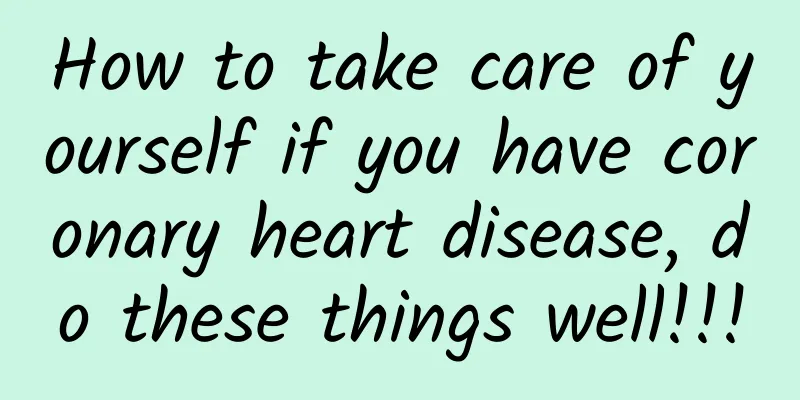What period does the second day after menstruation belong to?

|
I really want to have a safe and real sex life with my boyfriend, but I don’t know whether I am in the ovulation period. This is a problem that makes many married men and women headache and worried. So how can I calculate my menstrual cycle to determine when the ovulation period is? For example, what period does the second day after menstruation belong to? Let me analyze it for you below. 1. Normal menstrual cycle: Female ovulation is affected by endocrine hormones from the pituitary gland and ovaries and changes periodically. The length of the cycles of the two is the same, with one cycle per month, and ovulation occurs between two menstrual periods. Women's menstrual cycles vary in length, but the interval between ovulation and the start of the next menstruation is relatively fixed, usually around 14 days. Counting from the first day of the next menstrual period, counting down 14 days or subtracting 14 days is the ovulation day. The ovulation day and the 5 days before and 4 days after the ovulation day are called the ovulation period. This is also the theoretical basis of the safe period contraceptive method, because in the menstrual cycle, except for the menstrual period and ovulation period, the rest of the time is the safe period. Suitable for women with normal menstrual cycles. If the menstrual cycle is irregular or abnormal, it is impossible to calculate the date of the next menstrual period, so it is impossible to calculate the ovulation day and ovulation period. 2. Abnormal menstruation: The formula for calculating the ovulation period is: The first day of ovulation = the number of days in the shortest menstrual cycle minus 18 days; The last day of ovulation = the longest menstrual cycle minus 11 days. For example, the shortest menstrual period is 28 days and the longest is 37 days. The shortest regular period is subtracted by 18 (28-18=10) and the longest regular period is subtracted by 11 (37-11=26). Therefore, the ovulation period is from the 10th day to the 26th day after the menstrual period. It is not difficult to find that as long as the woman's menstrual cycle is normal, it is relatively reliable to calculate the ovulation period and non-ovulation period. However, it is very difficult to estimate for those who have irregular menstrual cycles and menstrual disorders. It is unreliable and inaccurate, so such women are advised to take safety measures when having sex. |
>>: What is the cause of yellow vaginal discharge and itching?
Recommend
Ophthalmology and ENT "cross-border" action, Hubei and Shanxi experts join forces to solve "chronic diseases" for patients
The five sense organs are connected, and the orif...
Leucorrhea in late pregnancy is thick and looks like snot
When a woman reaches the late stage of pregnancy,...
How to read the results of cervical immunohistochemistry
In modern society, the incidence of cervical canc...
How will your belly feel when you are two months pregnant? How should you take care of yourself during your two months of pregnancy?
Generally, the pregnancy is not obvious for two m...
What is the cause of breast numbness?
There are many female friends who suffer from bre...
White with black dots
Leucorrhea is a very important secretion and an i...
What are the symptoms of liver fire in women?
The liver is a very important detoxification orga...
How to treat brown leucorrhea
Female friends all know that normal leucorrhea is...
Why does breast pain occur when running?
Running is the simplest form of exercise and also...
Can I get pregnant again after having three abortions?
In today's society, it is common for girls to...
Why does bone soup turn white? What are the tips for making bone soup white?
We all know that bone soup is a common type of br...
What kind of body type has a high success rate for medical abortion
Medical abortion is currently a common and safe m...
When do ovaries begin to age?
The ovaries are one of the representative organs ...
Which is better, Phuket or Sanya? What should I wear in Sanya in January?
Sanya is a great place for tourism. High-index su...
The best massage techniques for breast enhancement are these
Massage breast enhancement is the most popular br...









